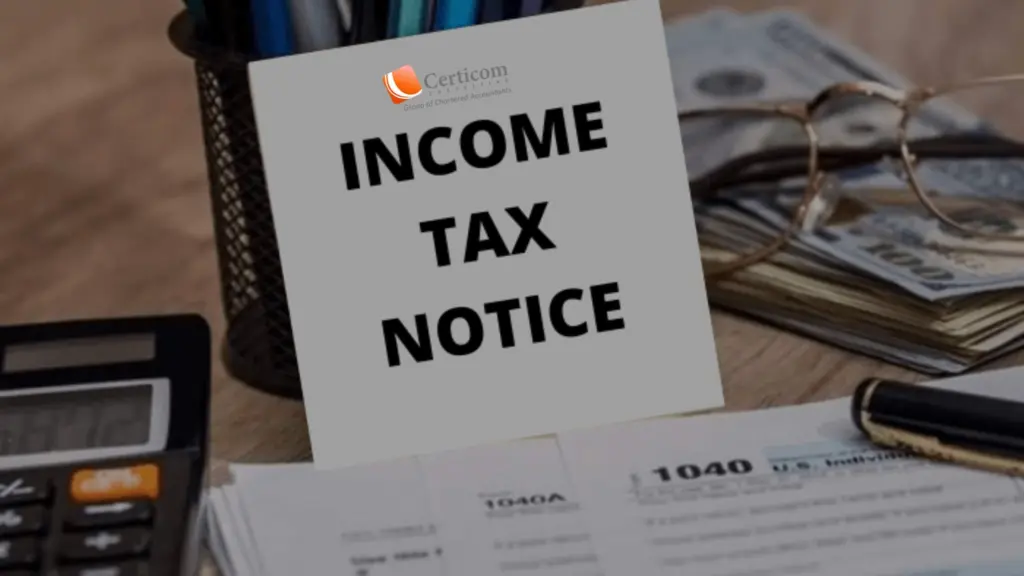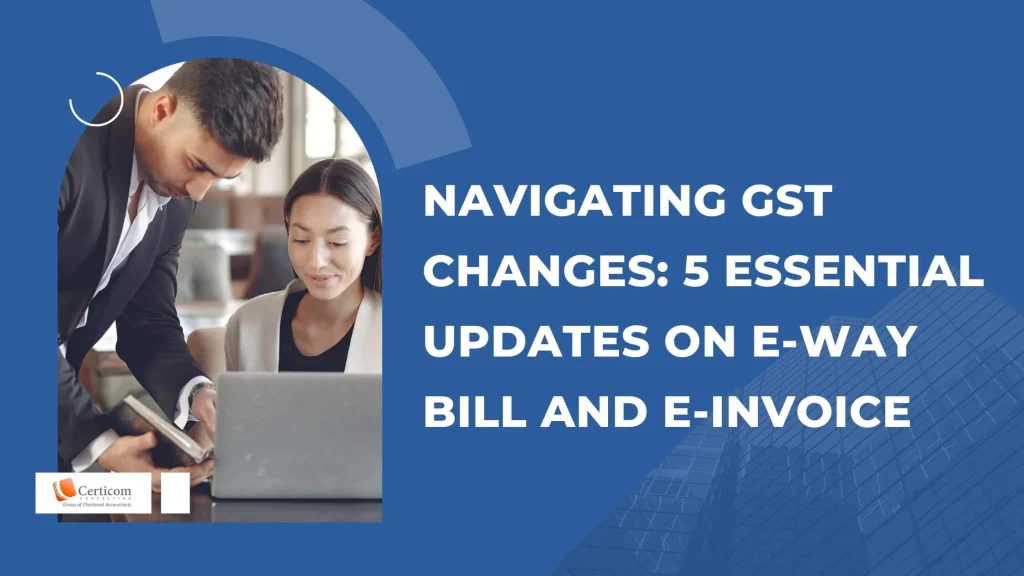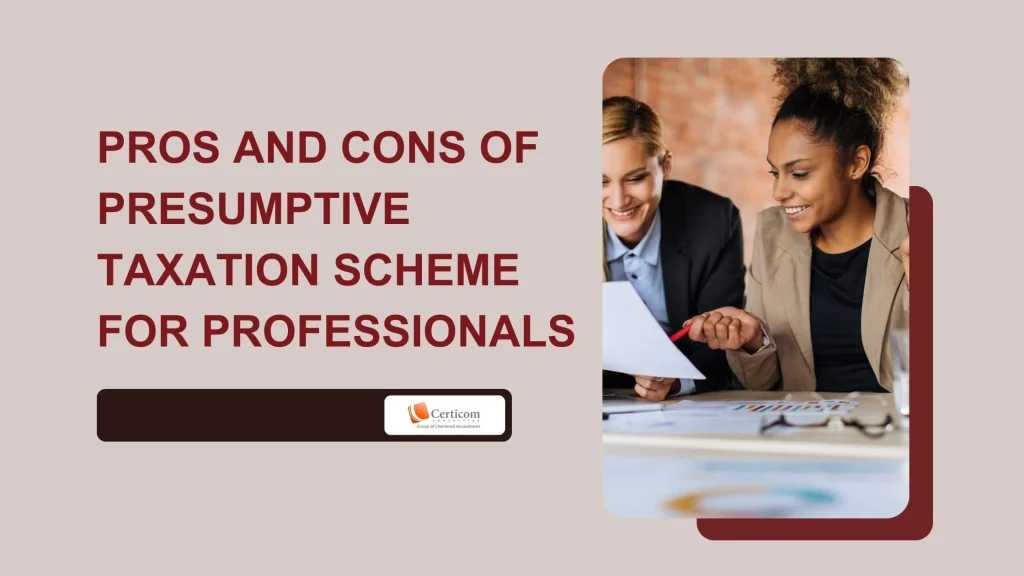- Have any questions?
INCOME TAX NOTICES: TYPES, MEANINGS AND PROPER RESPONSES

An income tax notice can be a source of concern for many, yet understanding its purpose can alleviate much of the associated anxiety. Tax authorities issue notices for a range of reasons, and not all suggest trouble. In this article, we will discuss various types of income tax notices, their meanings, and provide updated guidance on how to respond effectively in accordance with recent tax laws.
1. Intimation under Section 143(1)
An intimation under Section 143(1) is one of the most common notices issued by the Income Tax Department. It isn’t an audit or investigation notice but an intimation confirming the tax return processed by the taxpayer. It contains details such as income, claimed deductions, and tax computation. In case the tax authorities made any adjustments, they will be mentioned here. If there are no discrepancies, no action is required by the taxpayer. However, if mismatches or errors are detected, the taxpayer must take the necessary corrective action.
2. Notice for Scrutiny Assessment
A scrutiny assessment notice is issued when the tax authorities decide to examine the taxpayer’s income and deductions in detail. It is usually issued if the department finds a potential discrepancy or wants to verify specific transactions. The notice will specify the information or documents required to be furnished by the taxpayer. It is crucial to respond to this notice within the stipulated timeframe and provide the necessary information to avoid any penalties or further investigation.

3. Notice for Best Judgment Assessment
If a taxpayer fails to file their tax return or does not respond to the scrutiny assessment notice, the tax authorities have the power to proceed with a best judgment assessment. In such cases, the tax officer will assess the taxpayer’s income and deductions based on available information and make an estimate. It is essential to avoid this situation by complying with the earlier notices and providing accurate information.
4. Notice for Reassessment
A reassessment notice is sent when the tax department believes that the taxpayer’s income has escaped assessment. This could be due to the non-disclosure of income, inaccurate filing, or any other reason that warrants a reevaluation of the taxpayer’s tax liability. The notice will outline the reasons for reassessment and provide an opportunity for the taxpayer to present their case. It is advisable to seek professional assistance in responding to such notices to ensure compliance and avoid any legal implications.
5. Notice for Demand of Outstanding Tax
A notice for demand of outstanding tax is issued when a taxpayer has unpaid tax liabilities, including interest and penalties. This notice specifies the amount due and provides a timeframe within which the payment must be made. Ignoring this notice can lead to further legal action, such as asset seizure or prosecution. It is crucial to respond promptly and make the necessary payment or request an installment plan if unable to pay the entire amount at once.
6. Notice for Survey or Investigation
In cases where the tax authorities suspect tax evasion or other irregularities, they may issue a notice for survey or investigation. This notice grants the tax officers the authority to conduct an on-site inspection or collect additional information about the taxpayer’s financial activities. It is essential to cooperate with the officials and provide the required documents and explanations. Seeking professional advice during this process is highly recommended to protect your rights and interests.
How to Respond to Income Tax Notices
1. Review the Notice Carefully
Thoroughly read the notice to understand the reason behind it and the specific information or action required from you. Take note of the deadline for responding or providing the requested documents.
2. Gather Documentation
Collect all the relevant documents and records related to the notice. Ensure that the information you provide is accurate, complete, and supported by appropriate documentation.
3. Seek Professional Help
If you are unsure about how to respond or require assistance in understanding the notice, consult a qualified tax professional. They can guide you through the process, help you prepare a suitable response, and represent you before the tax authorities, if necessary.

4. Respond within the Stipulated Timeframe
Timely response is crucial when dealing with income tax notices. Failing to respond or missing the deadline can lead to penalties, additional tax liabilities, or legal consequences. Make sure to adhere to the specified timeframe for your response.
5. Maintain Copies of Communication
Keep copies of all the correspondence, including the notice, your response, and any supporting documents. This will help you maintain a record of the communication and serve as evidence if required in the future.
Read More: COMMON TAX PLANNING MISTAKES TO AVOID IN INDIA
An income tax notice need not be a trigger for panic. Understanding the different types of notices and their implications is crucial. By responding promptly, providing accurate information, and enlisting professional help when needed, you can efficiently address the notice and maintain compliance with tax laws. Remember, cooperation and timely action are pivotal in resolving any tax-related issues.
Related Post
Navigating GST Changes: 5 Essential Updates on E-Way Bill and E-Invoice
Pros and Cons of Presumptive Taxation Scheme for Professionals
Book A One To One Consultation Now For FREE
How can we help? *




